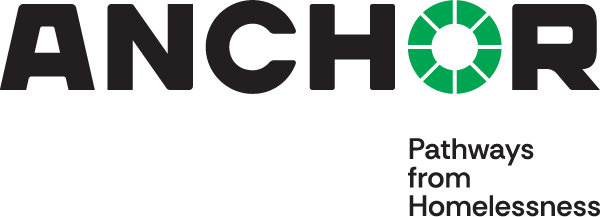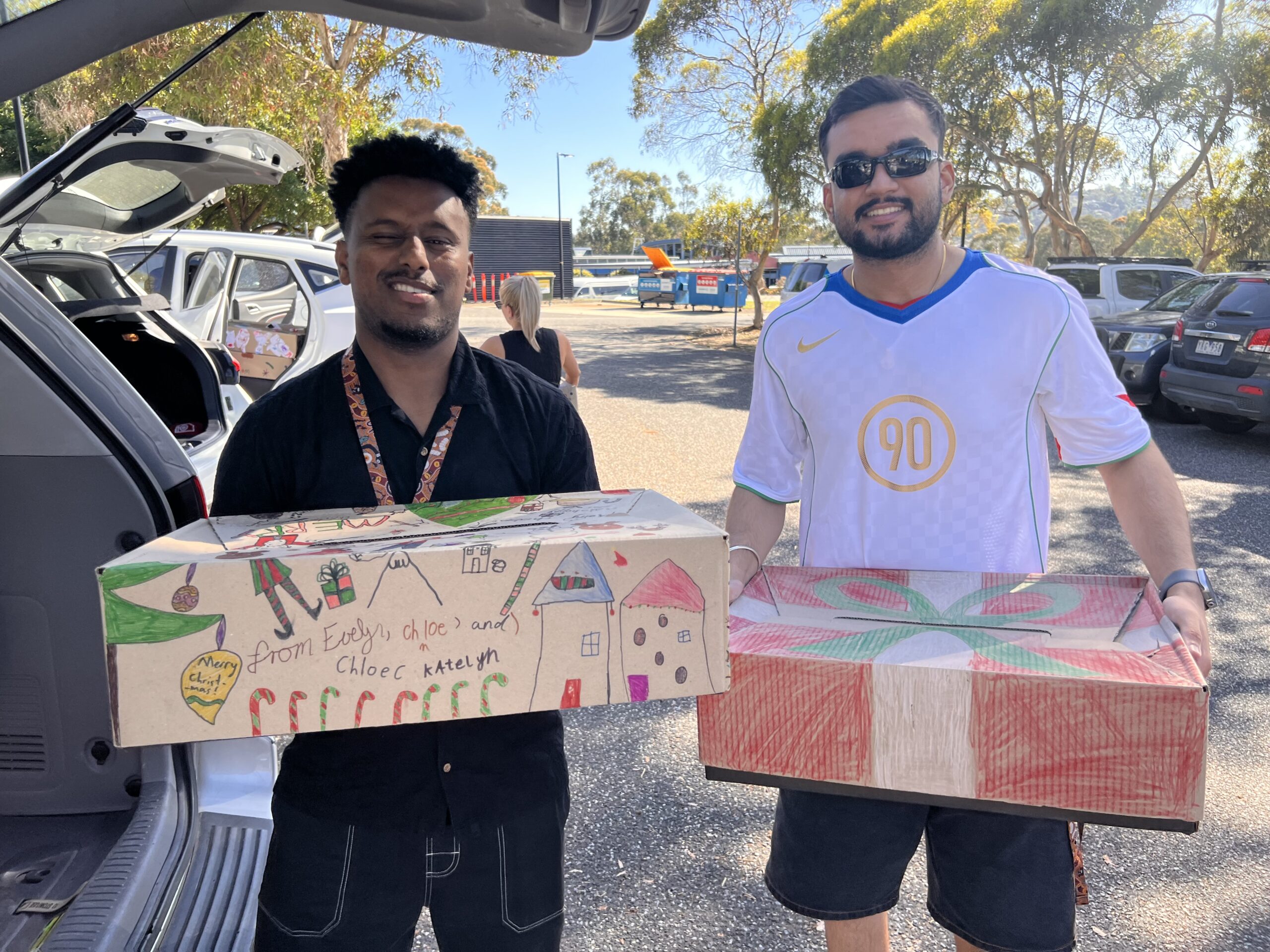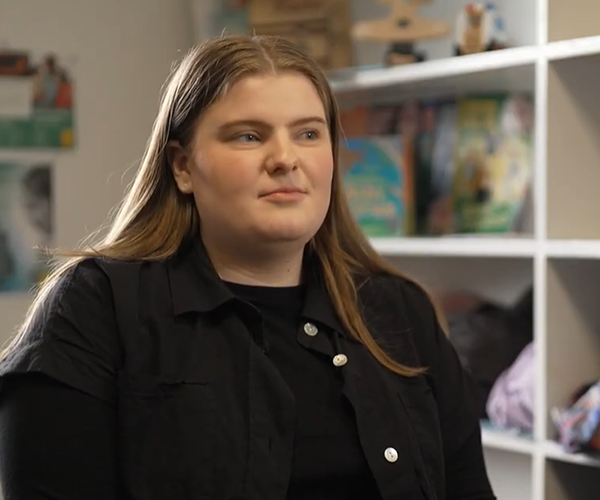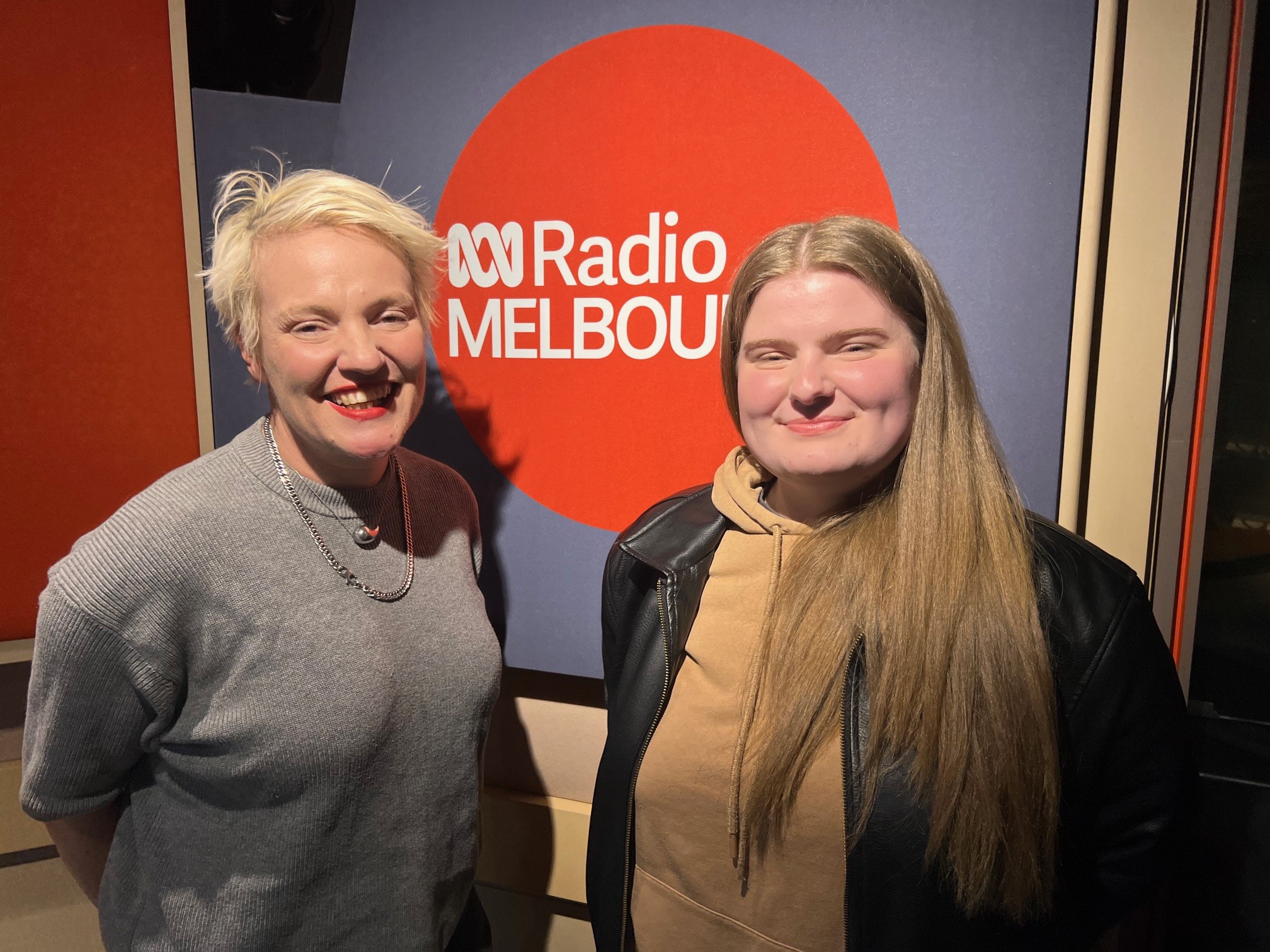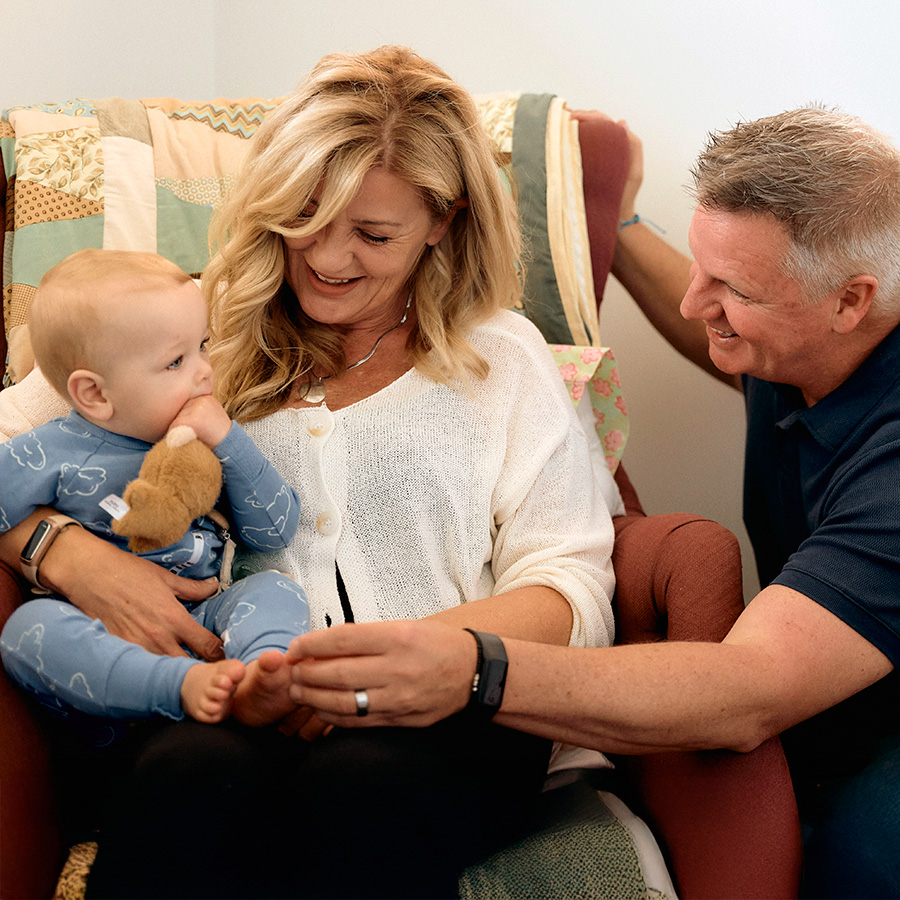Children who follow their parents into homelessness rarely get asked a simple but important question by support services: “how are you, and what do you need?”
The reality of many specialist homelessness services (SHS) is that when a parent or family reaches out for homelessness support, their children, while accounted for in the case management process, are not provided personalised support to tackle individual, sometimes very specific, needs to help them with what they are experiencing.
Joal first entered homelessness at the age of five. By 15, she was helping bring up her younger brothers and sisters as the family continued to experience homelessness due to their mother suffering severe mental health problems.
“We weren’t included in the care provided by these services at all. I didn’t know how my mum was being supported by our case manager, or what that meant for us. We were in transitional housing, but like, what did that even mean for us? Mum didn’t explain it.
We never got to talk about what we were going through. We were never asked. Even if Mum raised issues about us to case managers, it never led to actual support being provided or offered.”
Far too often, children experiencing homelessness are left to make sense of what is happening on their own. Without adequate, targeted, and caring support, children experiencing homelessness face a likelihood of developing trauma, social disconnection, and, as one overseas study found, likely to return to homelessness as an adult.
The chronic instability Joal experienced during her teens led her to leave her family, despite knowing that she would be leaving into further homelessness and uncertainty. She would continue to go to school throughout her teens, with the routine and consistency proving to be vital during tough years.
“Even though I was moving from place to place, school was my routine, my friends were there. It gave me a sense of stability, so I clung onto it.”
Despite the stability provided by school, and the help of homelessness services, Joal would continue experiencing homelessness in the years after leaving school, during which time she became a young mum herself.
Putting the spotlight firmly on children
Anchor is dedicated to breaking the cycle of homelessness, trauma, and hardship for our youngest Australians, launching a pilot project that addresses the longstanding service gap that children experience.
Anchor secured funding for the pilot in 2023, in a unique partnership between philanthropy and local government. The program sees all clients aged 6-16 years in Anchor’s homelessness services provided with free access to a Specialist Children’s Support Worker.
The program is designed to be welcoming and friendly, providing a space that is safe, non-judgemental, and supportive for children and teens to be able to get support.
Children are supported by a dedicated specialist whom they can openly discuss their situation, have their individual needs met and develop goals and pathways that will help them to grow.
The program allows children and teens to get a dedicated space to be listened to them, with the specialist providing help to work through challenges in their lives, build connection to education, provide mental health resources, and referrals into other services.
ABC News coverage of the Specialist Homeless Children’s Worker pilot project:
